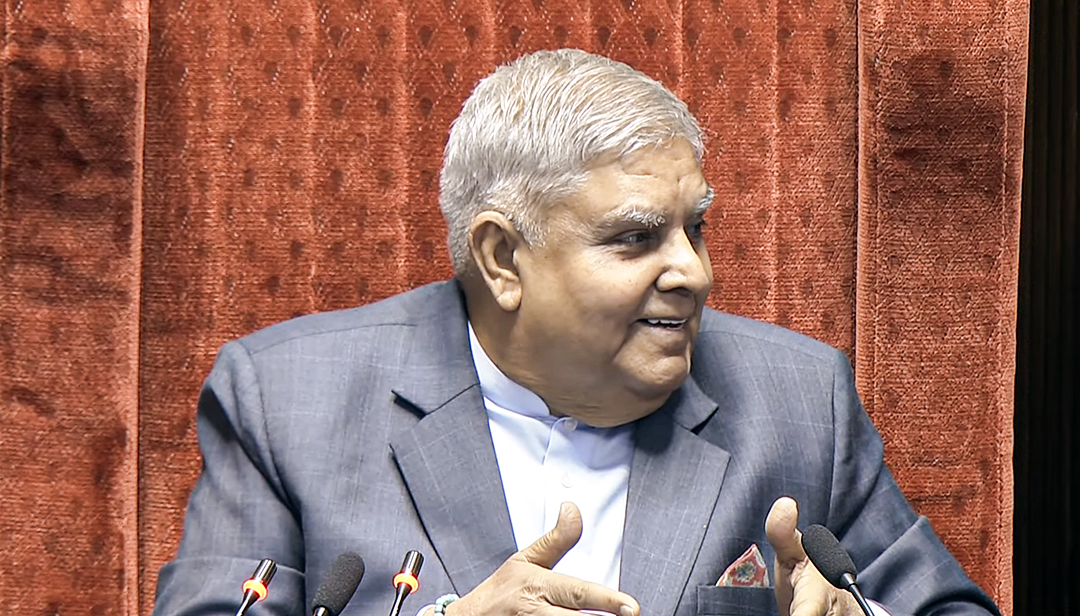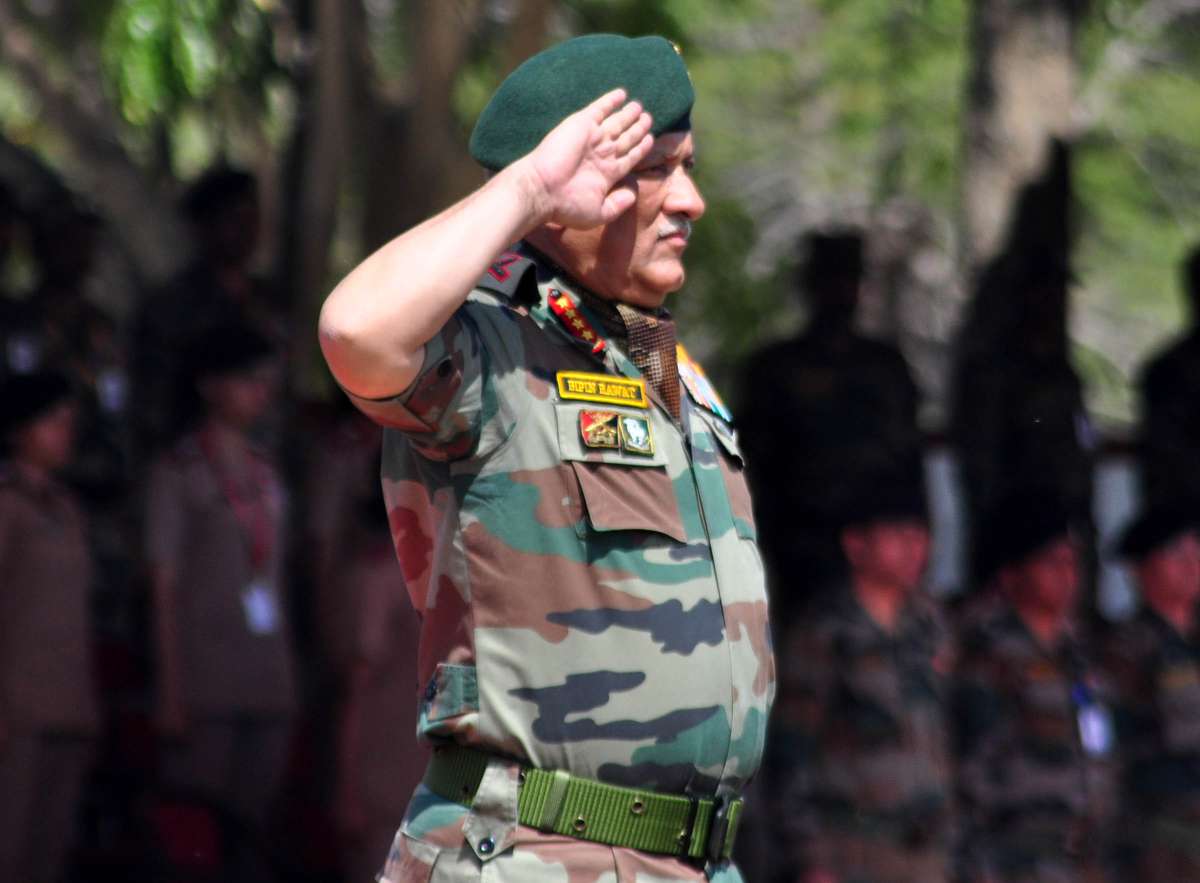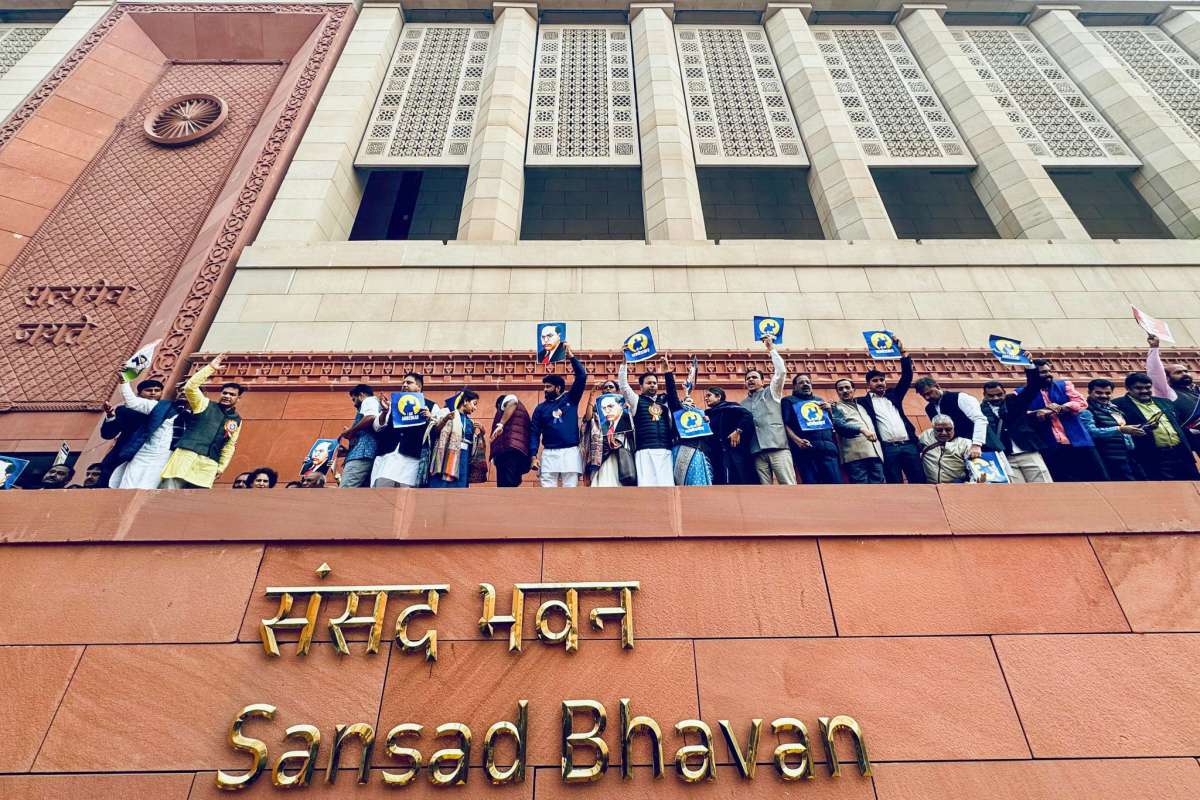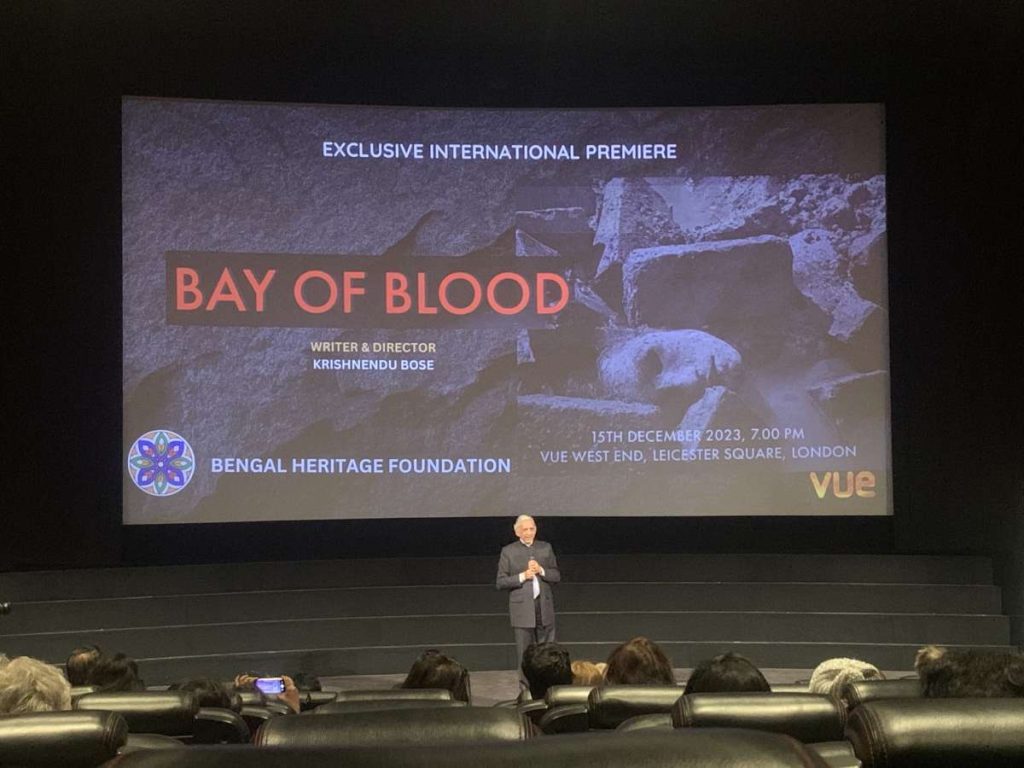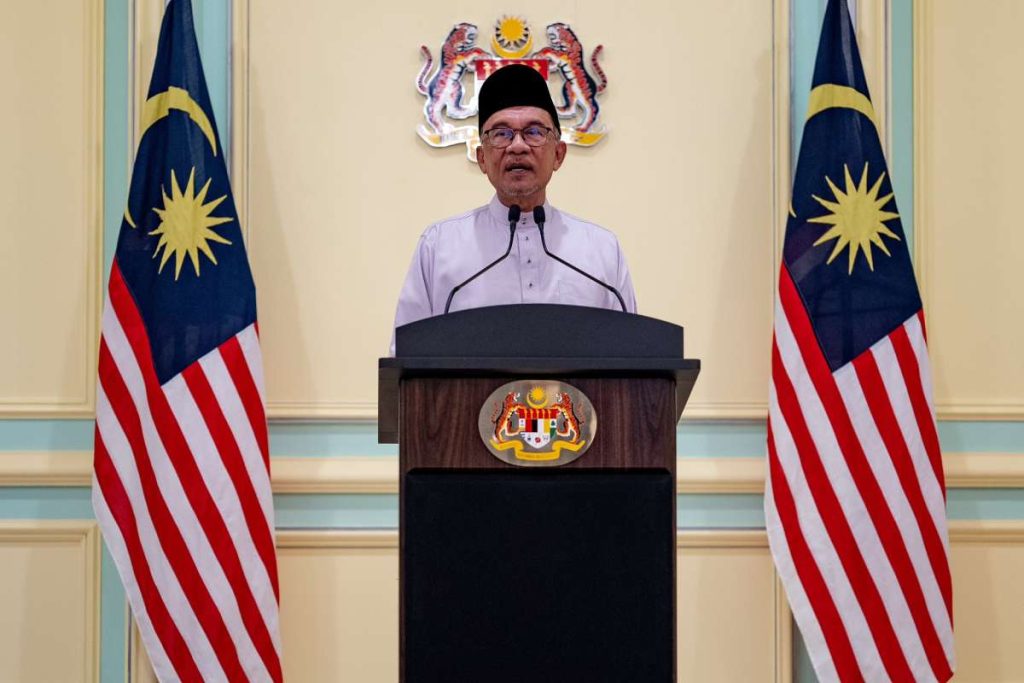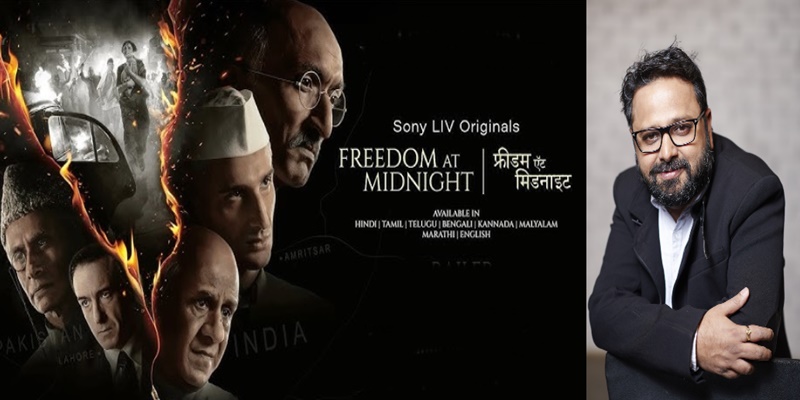The author conducted interviews with experts, internal stakeholders, intelligence officials, police and administrative officers, academics and journalists…reports Asian Lite News
As the Indian Army and agencies work hard to end the scourge of terrorism from Kashmir, the book, ‘Terror Financing in Kashmir’ authored by Abhinav Pandya released recently delves deep into the intricacies of how terror funds are generated by the terror organisation and used against India.
Abhinav Pandya completed his PhD on terrorism and counterterrorism in Jammu and Kashmir from OP Jindal Global University.
The book analyses the layered and complex web of terror financing in Kashmir and examines the role of multiple actors, including formal and informal, state and non-state, profit and non-profit, and local and international, to delineate the various strands of an intricate financial system.
It explains how, over time, these sophisticated networks have largely remained elusive to Indian counter-terrorism agencies and the need for a specialised and focused effort to understand it.In the book, which is written with the gathered data from interviews with confidential sources within terror networks as well as input and intelligence from security agencies on the ground, the author lays the groundwork for a robust counter-terrorism strategy in Kashmir.
The author conducted interviews with experts, internal stakeholders, intelligence officials, police and administrative officers, academics and journalists. Interestingly, even the over-ground workers (OGWs), members of separatist groups, terror financing coordinators, former militants, weapon dealers, drug smugglers, and hawala operators were also interviewed for details on terror financing.
This book also discusses the channels used for terror financing, including the Line of Control (LoC) trade between both nations, which was suspended in 2019. The author noted the terror funding sources used in Jammu and Kashmir to run terror groups and mentioned in the book fake currency printed in Pakistan, the collection of donations in some Middle Eastern countries, the US, and European countries under the name of ‘Jihad Fund’, smuggling drugs, and extortion from traders, contractors, and affluent people in J&K.
It also highlighted the money sent allegedly by Pakistani intelligence agencies to militant and secessionist groups operating in J&K, mainly through hawala and drug dealers; funds sent by some Kashmiri businessmen dealing in carpets and handicrafts in Dubai; hawala dealers in Mumbai and Delhi; and Zakat (an Islamic tax); and donations raised by terror groups in Pakistan. The Author also mentioned Haj tours, MBBS seat rackets, the Trans Line of Control (LoC) and legitimate businesses used for funding terrorism.
The book highlights: “While mentioning the distinct features of Kashmir’s terror financing, it is crucial to discuss Pakistan’s extraneous geopolitical objectives. By funding and supporting Kashmir’s proxy war theatre, Pakistan wants to bleed India economically. For Pakistan, it takes hardly INR (Rs) 1,50,000 to Rs 2,00,000 to train, send and sustain a terrorist. The amount spent by India on J&K’s security infrastructure in one day far outweighs the amount spent by Pakistan. India maintains 3,43,000 security personnel in Kashmir… one can imagine the amount which India spends to deal with 250-300 Pak-sponsored militants”.
Before the abrogation of Article 370, the proxy fronts of groups such as Hizbul Mujahideen (HM), Lashkar-e-Taiba (LeT) and others had the Kashmir valley under the grip of their terror, the book said. In today’s Kashmir, one can also find the presence of local affiliates of Al Qaeda and the Islamic State, aspiring to bring Sharia rule to Kashmir.
The author, has also discussed the growth and evolution of Pakistan’s proxy war in Kashmir over the last three decades; however, the prime focus has remained on the terror financing aspect.
ALSO READ-Special Screening of ‘Bay of Blood’

